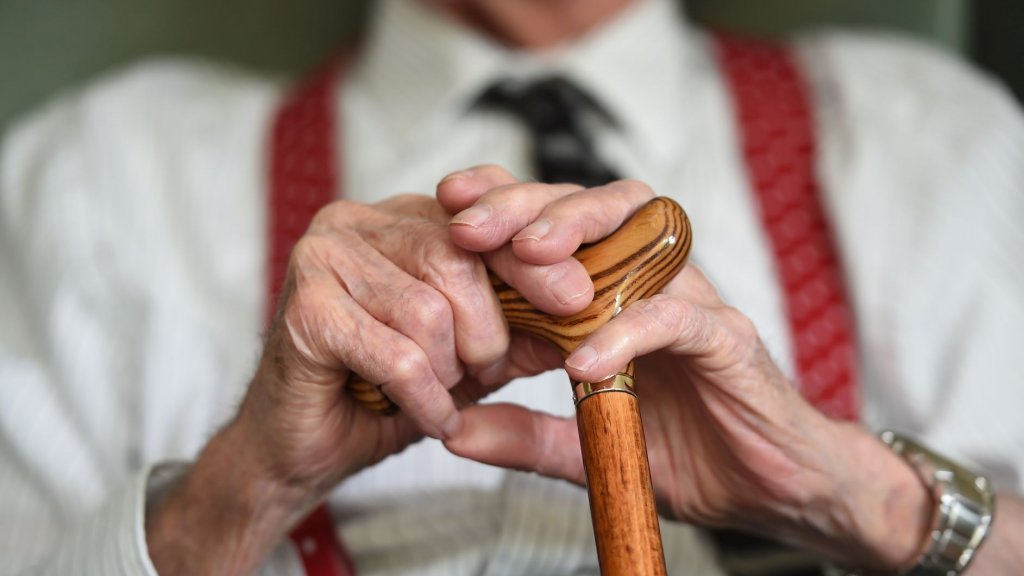Billions needed to bring adult social care system to acceptable standard

Billions of pounds must be spent to restore quality and access in the adult social care system to an “acceptable” standard, peers have urged.
A report by the House of Lords Economic Affairs Committee called on the Government to spend £8 billion a year to fix “underfunding” in the system.
It suggested introducing free personal care so those with critical needs can receive help with daily activities.
The committee said such a move – even though it may prove more expensive than some alternatives – could reduce demand for residential care and health care by encouraging people to seek domiciliary care earlier.
According to the report, 1.4 million older people had an unmet care need last year, while public funding was £700 million lower than 2010/11 in real terms in 2017/18.
The peers called on the Government to produce a White Paper with “clear and plausible proposals” for sustainable adult social care funding, warning that with each delay the level of unmet need in the system increases.
They said £8 billion a year in additional funding would be required to restore care quality and access to 2009/10 standards for adult social care, with more required in the future as the population grows older.
And the committee recommended the Government introduce a basic entitlement to publicly funded personal care for people with “substantial and critical levels of need” – a measure the Health Foundation and the King’s Fund estimate would cost £7 billion if introduced in 2020/21.
“Accommodation and living costs, which everyone incurs irrespective of their care needs, would continue to be met by the individual.”
Lord Forsyth of Drumlean, chairman of the Economic Affairs Committee, said: “Social care is severely underfunded. More than a million adults who need social care aren’t receiving it, family and friends are being put under greater pressure to provide unpaid care, and the care workforce continues to be underpaid and undervalued.
“The whole system is riddled with unfairness. Someone with dementia can pay hundreds of thousands of pounds for their care, while someone with cancer receives it for free.
“Local authorities are increasingly expected to fund social care themselves, despite differences in local care demands and budgets.
“The reduction in social care funding has been greatest in the most deprived areas. And local authorities can’t afford to pay care providers a fair price, forcing providers to choose whether to market to those people who fund their own care or risk going bankrupt.
“Fixing underfunding is not difficult. The Government needs to spend £8 billion now to return quality and access in the system to an acceptable standard.
“Fixing unfairness is more complicated, but the Government has ducked the question for too long. They need to publish a White Paper, not a Green Paper, with clear proposals for change now.
“We think that change should include the introduction of free personal care, ensuring those with critical needs can receive help with essential daily activities like washing, dressing and cooking. Our recommendations will cost money, but social care should be a public spending priority.
“By 2023/24, the NHS funding will have increased by £20.5 billion per year. This is more than the entirety of local authority adult social care expenditure.”
Shadow social care minister Barbara Keeley said: “This report is yet another sign that social care services are at breaking point.
“The Government’s relentless and savage cuts to council budgets have caused a crisis with £7.7 billion taken out of social care funding since 2010, cuts that even Jeremy Hunt now accepts were wrong and went too far. Boris Johnson must now do so too.
A Department of Health and Social Care spokeswoman said: “We have given local authorities access to up to £3.9 billion more dedicated funding for adult social care this year and a further £410 million is available for adults and children’s services.
“We will set out our plans to reform the social care system at the earliest opportunity to ensure it is sustainable for the future.”




